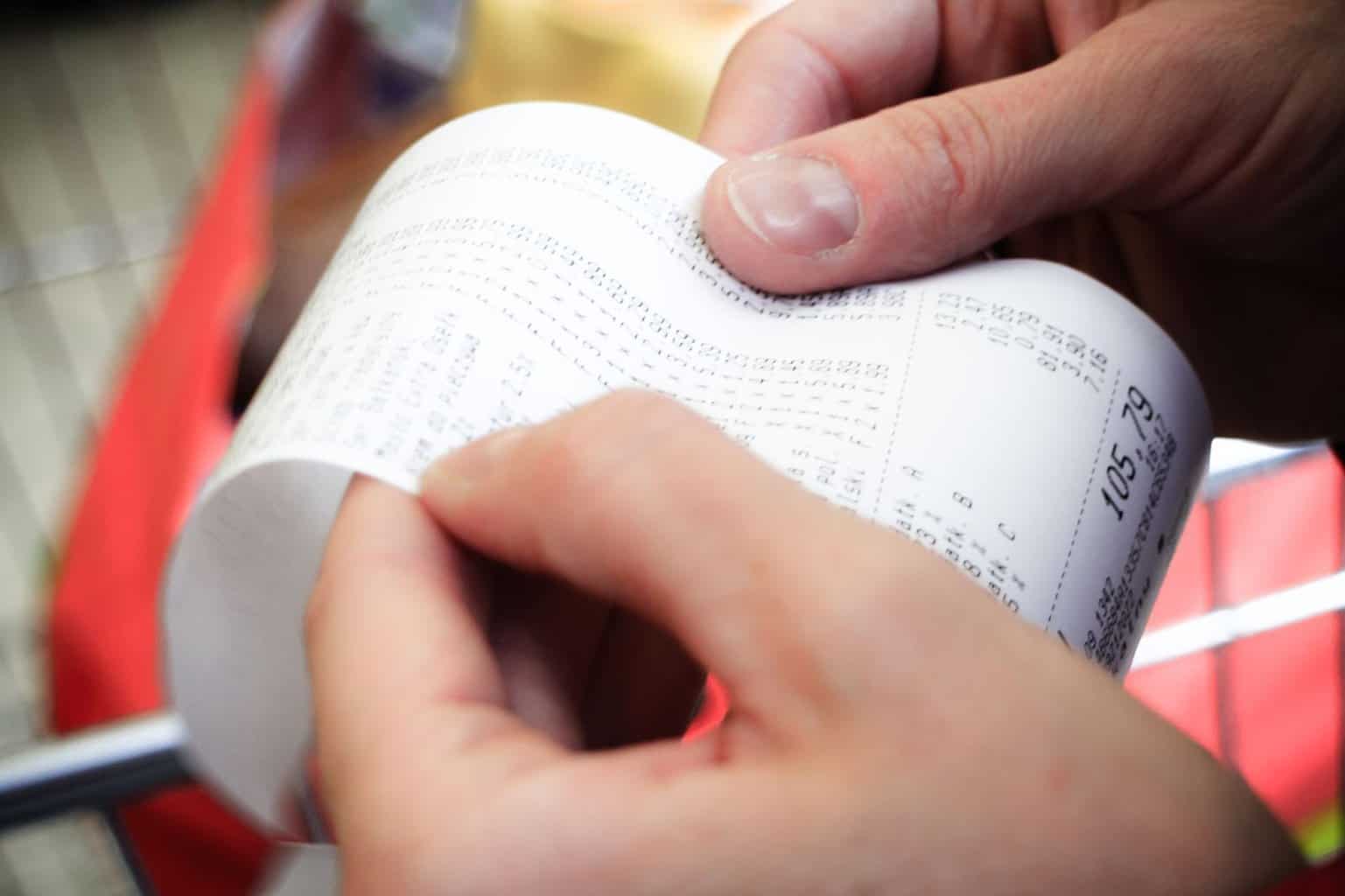
This is what industry insiders are all doing to perform all day and all night…
Unsubscribe | Report as spam | Change email preferences
—-Important Message From Aaron Wilcoxx—-
Adult movie star reveals: industry secret to staying rocky for hours

Even the top stars in THAT movie industry have a few tricks up their sleeves to keep performing at a really high level.
And here’s one of these so-called “tricks”…
But this is much more than a gimmick — this is a simple way for any man, no matter age, physicality, or genetics, to last longer in bed.
I’ve put together this video showing you 3 easy steps to staying “rocky” for 30 minutes, an hour, two hours, or even longer!
And no, this does NOT involve any weird pumps or Big Pharma treatments. This is natural.
Video → 3 easy steps to achieving stronger, long-lasting “rockiness” (adult movie star approved)
———-
1 grocery store mistake 99% of men keep making
I’m sure most of you have heard of BPA by now.
It’s even recognized by the mainstream media, and now many countries have banned its use.
You may see a lot of products labeled BPA-free, but let me tell you something…
It’s a marketing trick.
BPA-free products still contain harmful substances.
And unfortunately, we are still exposed to too much BPA.
Here are some of the harms of BPA that are backed by science:
- It’s an endocrine disruptor because it mimics estrogen.
- It can cause cancer.
- It disrupts the way the brain regulates genes, which can lead to diseases like Alzheimer’s and dementia.
- It can increase the risk of high blood pressure and diabetes.
- It interferes with insulin production, which can cause weight gain.
In short, BPA is very harmful.
So we must do everything we can to reduce our exposure.
I’m about to tell you about a source you might not have thought of.
We all go to the grocery store on a regular basis, right?
In fact, studies show that the average person goes to the grocery store 3 times a week.
That’s 156 times a year…
And every time we go to the store, when we’re done shopping, the cashier hands us something.
The receipt.
We take it and check it without a second thought.
But…
Research shows that touching a receipt makes you absorb BPA through your skin.

This human study was carried out in the Harvard School of Public Health. The paper was published in JAMA.
The researchers were aware that BPA was harmful.
“Human exposure to bisphenol A (BPA) has been associated with adverse health outcomes, including reproductive function in adults and neurodevelopment in children exposed perinatally”
They thought that receipts were a serious source of BPA.
“We hypothesized that handling of thermal receipts significantly increases BPA exposure”
So, they wanted to test whether this was true.
They recruited 24 Harvard University students.
They conducted 2 simulations.
In the first simulation, they asked the students to print a lot of receipts and handle them.
In the second simulation which was done after 2 weeks, the students did the same thing, but this time they wore gloves.
So, this time their skin did not come into contact with the receipts.
After both experiments, they collected urine analysis from the students and measured the BPA content.
The results were as follows:
At first there was no BPA in the analyses of every participant, but then they found BPA in all of them.
“We detected BPA in 83% (n = 20) of samples at baseline and in 100% of samples after handling receipts without gloves.”
In the participants who had BPA in their urine before, this rate increased significantly after the experiment.
“We observed an increase in urinary BPA concentrations after continuously handling receipts for 2 hours without gloves.”
There was no increase in amounts of BPA levels in the experiment where gloves were worn.
“We observed no significant increase in urinary BPA after handling receipts with gloves”
The author of this study, Dr. Shelley Ehrlich, says that touching receipts is not the primary exposure…
…but it’s an additional source that wasn’t previously recognized before.
Every little detail counts.
It makes no sense to keep touching the receipts when you can choose not to.
I personally don’t.
I also try to stay away from canned foods and other sources of BPA like plastic bottled water… and…
—-Important Message—-
Toxic toilet paper?

I’ve discovered a toxic chemical hiding in 80% of all toilet paper brands on the market.
And if you think you’re safe because you’re using a “greener,” more eco-friendly toilet paper…
…think again…
Because this one toxic chemical is even more rampant in the so-called “eco friendly” toilet paper brands.
And here’s why…
Most recycled toilet papers are made from paper products that are coated with this one toxic chemical…
We’re talking magazines, credit card receipts, movie tickets, lottery tickets, airline boarding passes, food labels…

All of these kinds of recycled paper products contain this one toxic chemical.
And these are the paper products that get turned into toilet paper.
So how do you protect yourself?
I’ve made it simple — just copy what I’m doing…
———-

